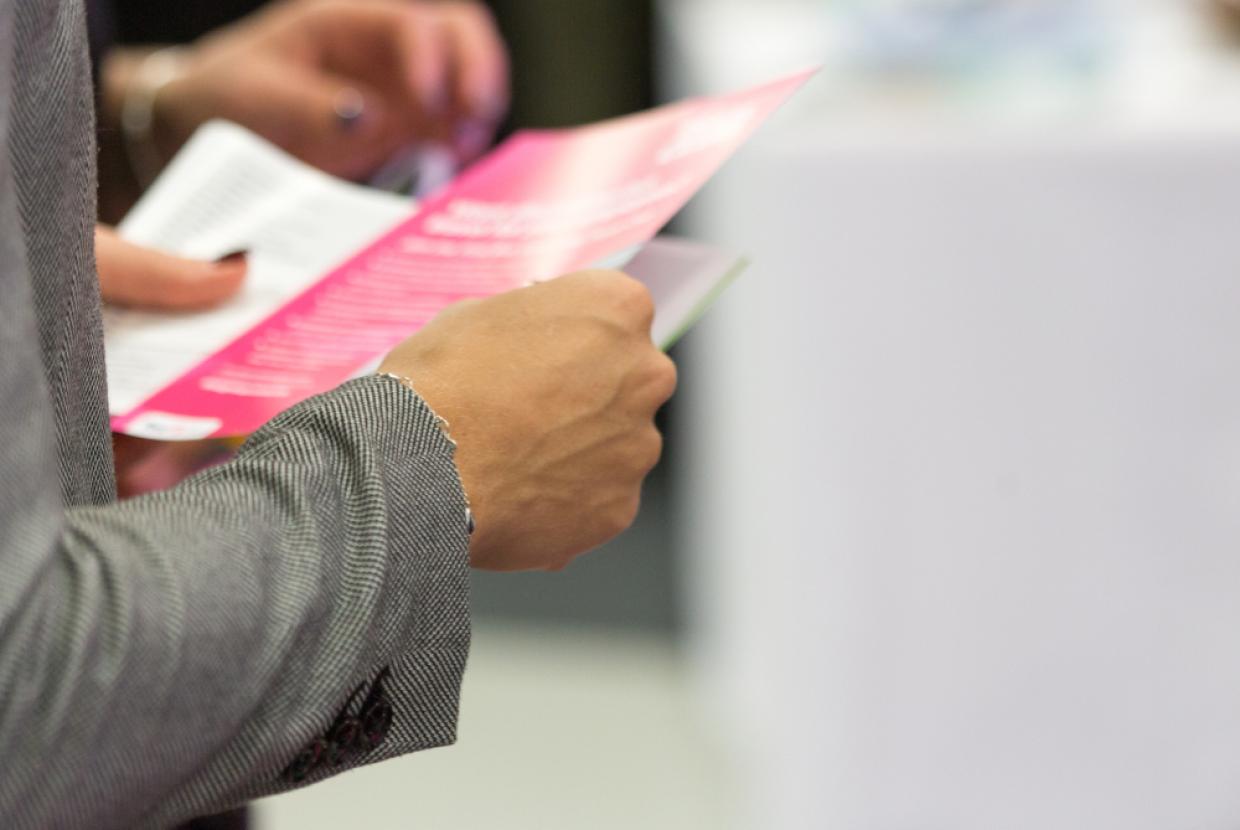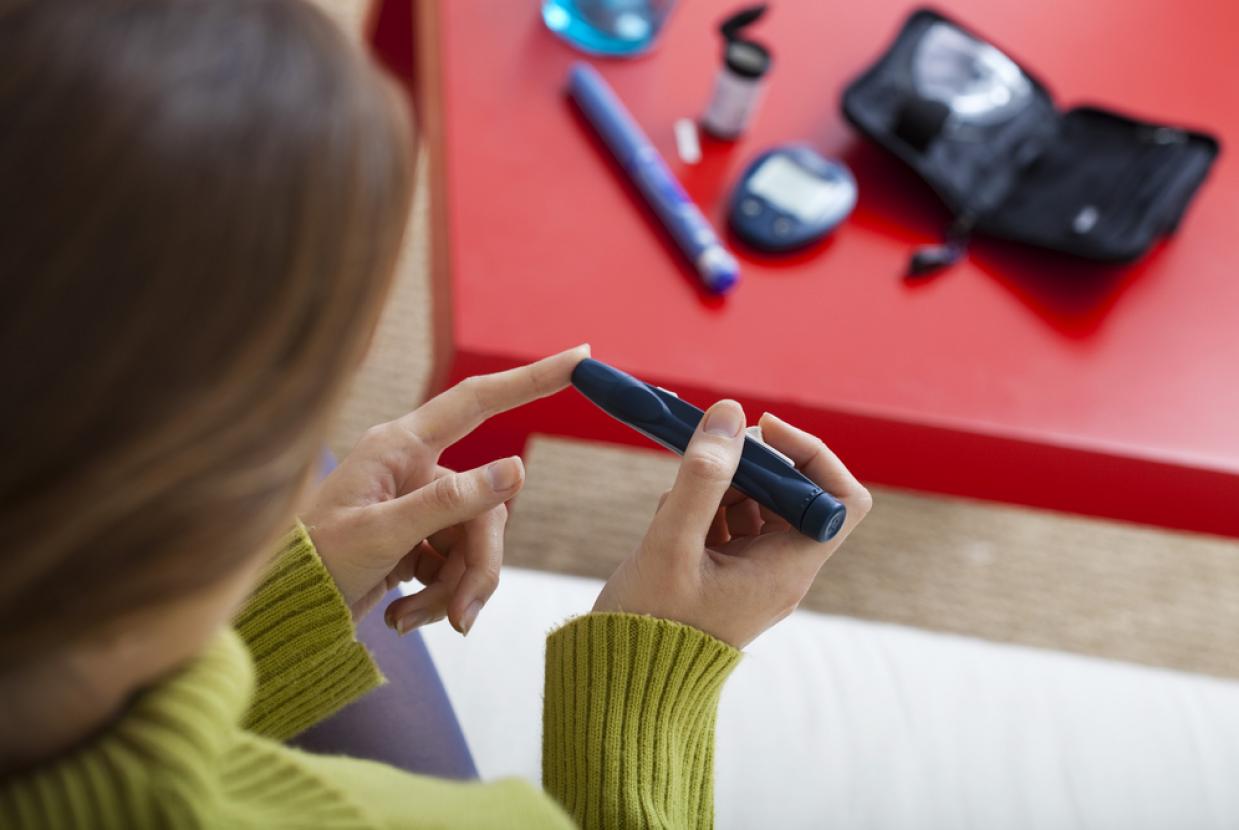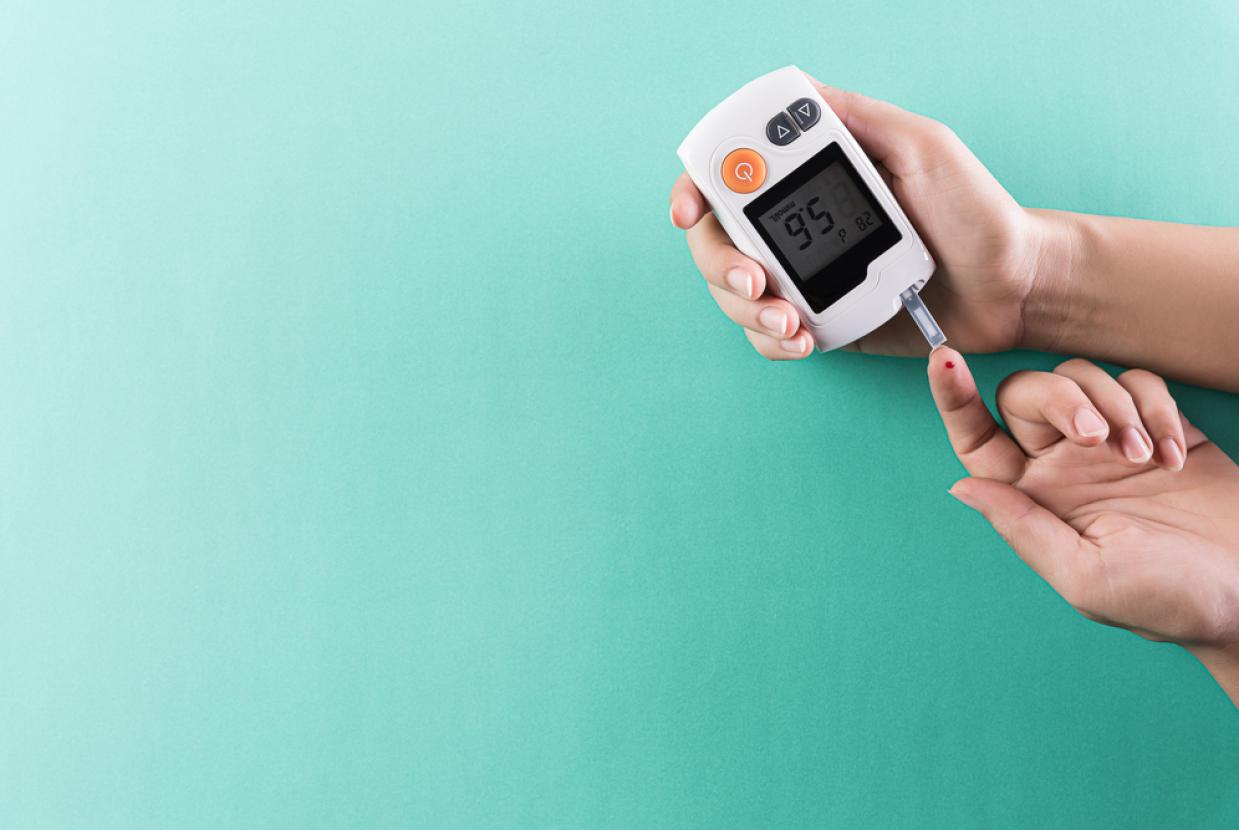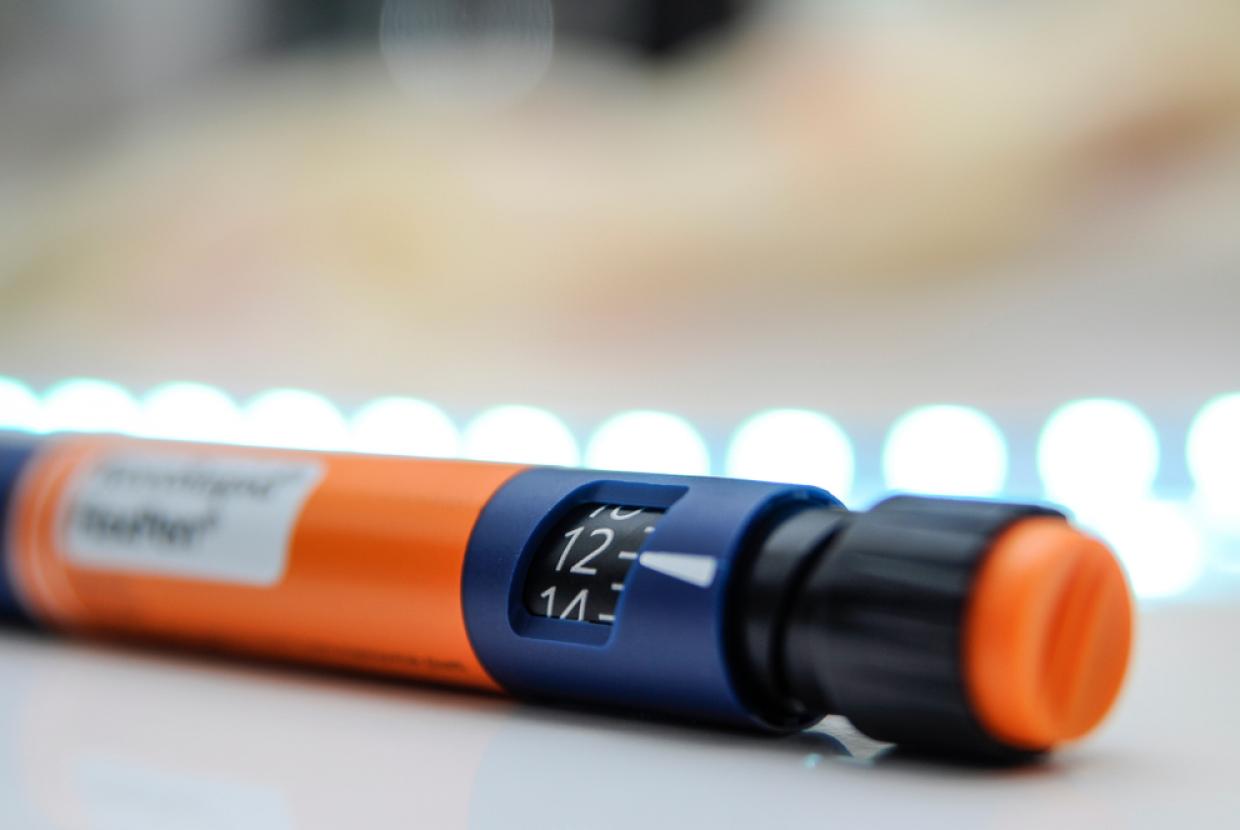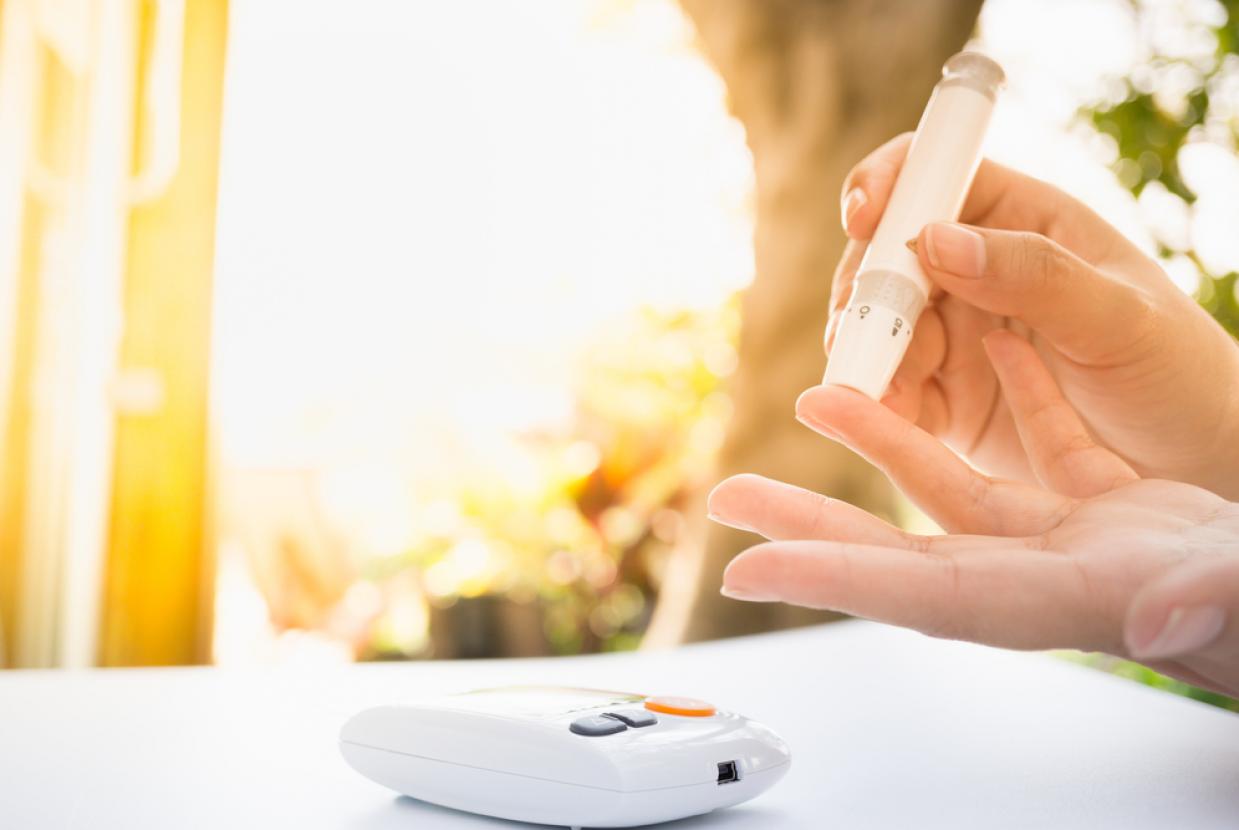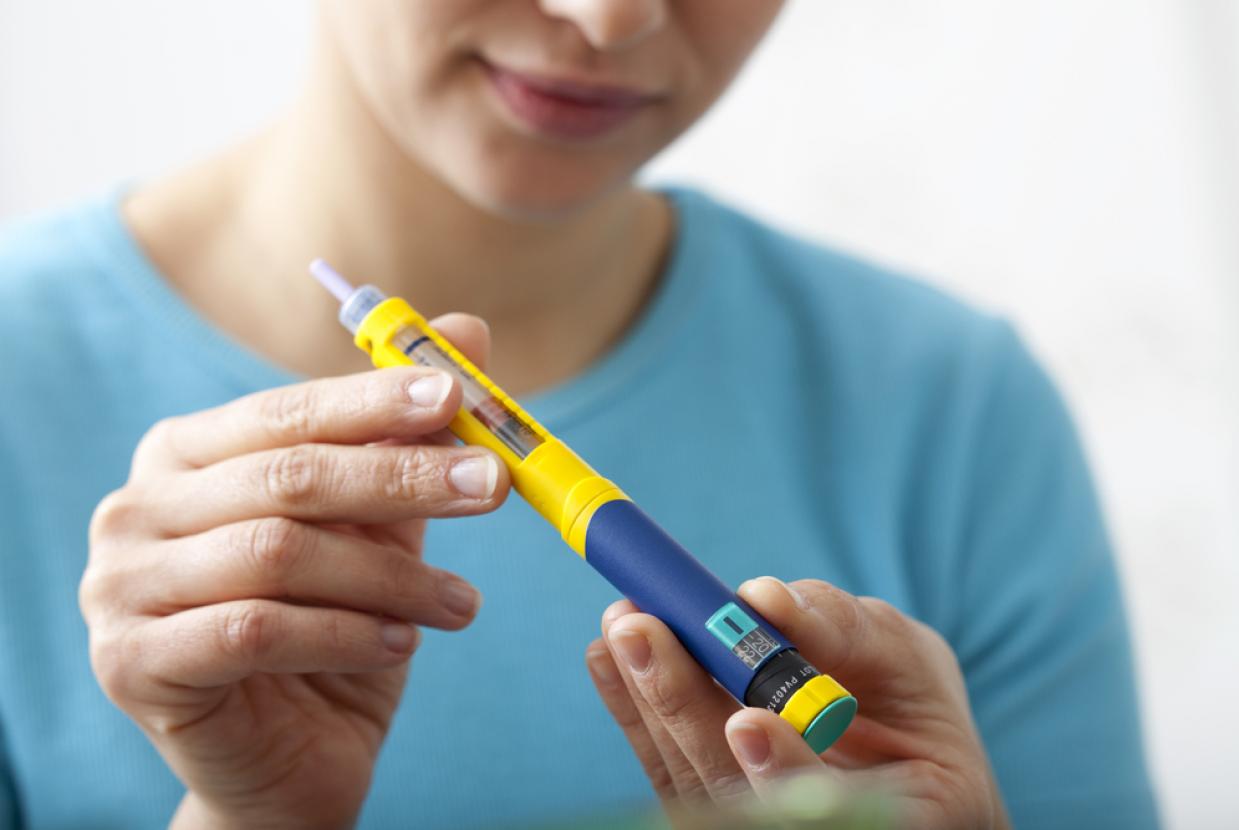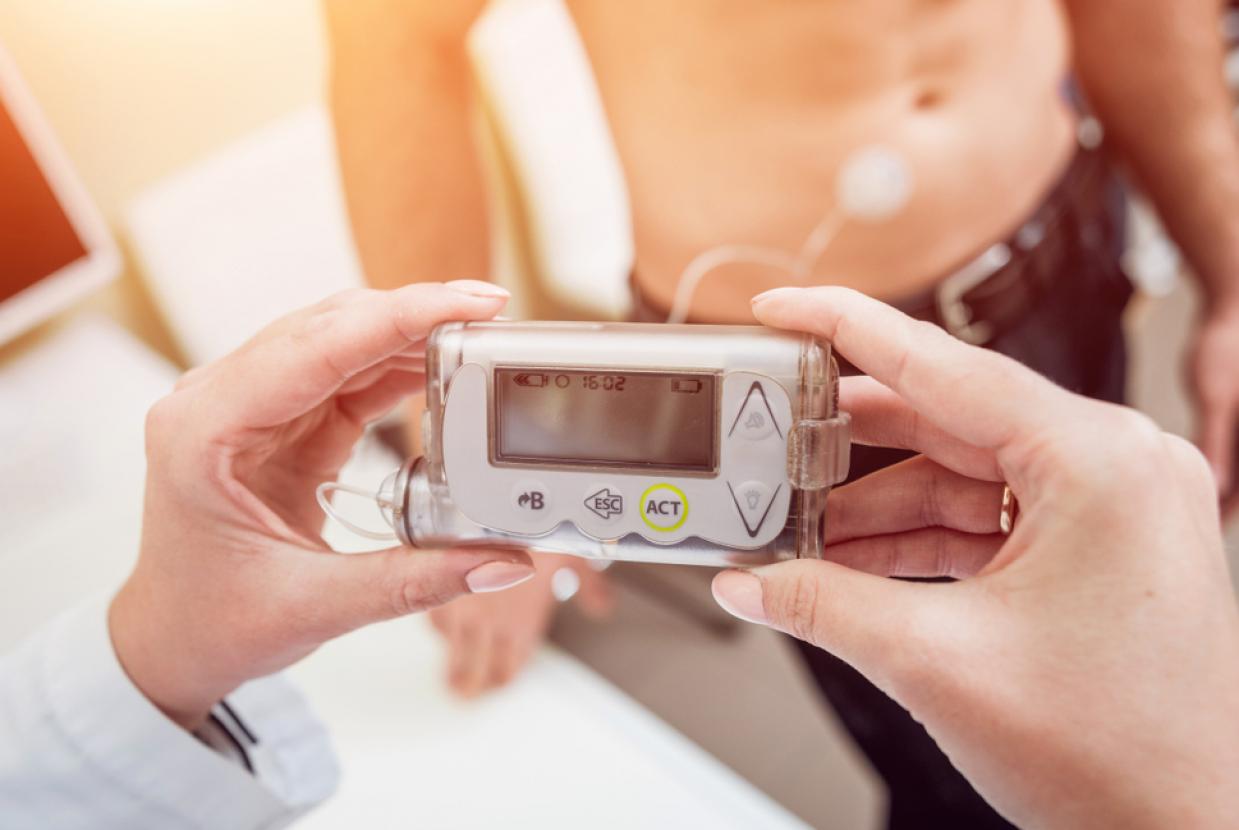Adapting To University When Living With Type 1 Diabetes
DiabetesLilly, one of Diabetes UK’s young leaders, tells us what it's like to live with type 1 diabetes at university, and why she is so grateful for having the type 1 community to help her through stressful times.
Late nights in the library and revision for exams are tiring and emotionally exhausting. Having type 1 diabetes means there’s an added level of struggle. I believe it’s so important for the type 1 community to come together and share their experiences, so I hope this blog will show others that diabetes doesn’t have to stand in the way of university life.
Moving out
Moving away to university can be daunting for everyone, whether you’re the most outgoing individual or more on the introverted side. I grew up in Hertfordshire and moved over 200 miles to Exeter, leaving behind my family who I’m extremely close with. Before I made the move, I told the university about my type 1 diabetes.
The university definitely helped me feel more relaxed about joining. They made me aware of the Disabled Student Allowance (DSA) and with this I was able to buy things to help with my studies, for example a laptop with specific microphones and recording apps so that if I needed to sit out and treat a hypo, I could listen back to the recording once my bloods were back on track.
I was also given a mini fridge to store all my insulin in my room. This was a massive help as I’m sure the people with type 1 reading this will understand how much insulin you may be storing at once, and you don’t want this to take up too much room in a shared fridge. And it was a bonus to have a fridge in my room to store milk for endless cups of tea and my favourite snacks.
In addition to having a DSA, you can get an Individual Learning Plan (ILP), which is designed to support an individual’s unique needs. This meant no questions were asked if I needed to leave seminars to treat a hypo.
If I missed a lecture because of a hospital appointment or any other diabetes-related issues, I was able to ask for a recording of a lecture and watch it on another day. Support may vary depending on the university, but it’s worth exploring what your options are. I was lucky that my university was so accommodating.
Meeting new people
I lived with eight people and on the first night I told them about my diabetes. I was very open about this and explained the fundamentals of this condition and they listened with open ears and took everything I said on board. Throughout the years my best friends have helped with hypo treatments and have been my main support at university.
Some people are not as fortunate to find their closest friends in their accommodation, but don’t let this stop you from meeting people elsewhere. There are loads of societies you can join and automatically you will meet lots of people on your course.
I know that different people will move at a different pace, so if you don’t want to explain your health condition straight away, do what feels comfortable for you. It can be challenging to discuss diabetes, so remember what you choose to say is an accomplishment in itself. Personally, I’ve found it’s empowered me to more confidently manage my diabetes.
If you’re struggling to find your people, there are other support networks available which can help you ease into this new chapter in life. Earlier this year I found the Together Type 1 programme and I could not recommend this enough. I wish I had found this earlier in my university experience as I had personally never met or spoken to another person with diabetes.
Even if you feel you are the most supported person, there may be a different relationship you can have with someone who has the same condition. The different skills I have already developed through the programme have helped me in my personal and social life as well as my diabetic life.
Exams
Exams are stressful and stress can impact your blood sugar levels. My ILP helped support me as I was given extra time and rest breaks if needed because of a hypo or hyper. This was needed as a hypo can throw you off guard and you need to take the time to get back to your normal blood sugar range.
Other things that helped me were having a good routine, eating well and checking in with myself on how I was feeling. It's important to consider your support networks here and reach out to them if you feel you are struggling. However you feel during this time is valid and feeling overwhelmed by the different challenges you face is ok.
Even though I faced many challenges with managing my diabetes and felt overwhelmed at times, I had an amazing time at university. I couldn’t have done it without the friends I made and the ongoing support I had from my family back home. University is an amazing experience and you meet so many new people. I’d do it all again in a heartbeat.
I’m forever grateful for the Together Type 1 community for being there for me this year, and I’ll always continue to advocate for the programme so other children and young people living with type 1 diabetes can get the support they deserve.







